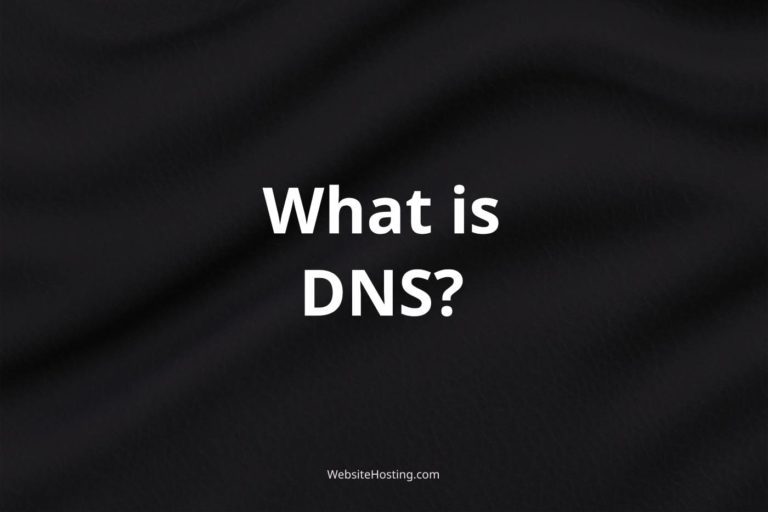Network routing is a critical aspect of web hosting that determines how data is transmitted between servers and devices. It involves finding the most efficient path for data to travel, which can impact the speed and reliability of your website.
In this article, we’ll explore what network routing is, how it affects web hosting, and what you can do to optimize your website’s routing.
What is network routing?
Network routing is the process of determining the most efficient path for data to travel between servers and devices on a network. This involves analyzing various factors such as network topology, available bandwidth, and network congestion to find the optimal route.
How does network routing affect web hosting?
Network routing can have a significant impact on the performance and reliability of your website.
If data is routed inefficiently, it can result in slow page load times, buffering videos, and other performance issues that can negatively impact the user experience.
Additionally, if there are issues with the routing of data, it can lead to downtime or outages.
What can I do to optimize my website’s routing?
There are several steps you can take to optimize your website’s routing, including:
- Choose a web hosting provider with a robust and reliable network infrastructure
- Use a content delivery network (CDN) to distribute your website’s content across multiple servers
- Monitor your website’s routing and network status regularly to identify and address any issues promptly
- Optimize your website’s files and content to reduce their size and improve performance
- Consider using a virtual private network (VPN) to ensure secure and efficient routing of data
What are some common routing protocols used in web hosting?
There are several of them used in web hosting, including:
- Border Gateway Protocol (BGP)
- Open Shortest Path First (OSPF)
- Routing Information Protocol (RIP)
- Intermediate System to Intermediate System (IS-IS)
Related terms:
- Network topology
- Bandwidth
- Latency
- Packet loss
- Content delivery network (CDN)
- Virtual private network (VPN)
- Routing protocol
- Border Gateway Protocol (BGP)
- Open Shortest Path First (OSPF)
- Routing Information Protocol (RIP)
Related brands:
- Cloudflare
- Akamai
- Amazon Web Services (AWS)
- Google Cloud Platform
- Microsoft Azure
FAQ:
Can inefficient routing impact my website’s SEO?
Yes, if your website is experiencing performance issues due to inefficient routing, it can negatively impact your website’s SEO by affecting factors such as page load speed and user experience.
How can I tell if my website is experiencing routing issues?
You can use network monitoring tools to check for routing issues and other issues that may be impacting your website’s performance.
Can I optimize my website’s routing on my own, or do I need to work with my web hosting provider?
While there are steps you can take to optimize your website’s routing, such as optimizing your website’s files and content and using a CDN, it’s important to work with your web hosting provider to ensure that your website is routing efficiently and securely.
What is a content delivery network (CDN), and how can it help with network routing?
A CDN is a network of servers distributed around the world that can help distribute your website’s content and improve network routing by serving content from the server closest to the user.
What is the difference between static and dynamic routing?
Static routing involves manually configuring routing paths, while dynamic routing protocols allow for automatic routing updates based on changing network conditions. Dynamic routing is generally more flexible and efficient, but may require more setup and maintenance.




